- Arakan residents call for air raid warning systems amid surge in junta airstrikes
- Arakan’s Breathing Space (or) Mizoram–Arakan Trade and Business
- Death toll rises to 18 after junta airstrike on Ponnagyun village market
- Regime arrests dozens of Muslims in Sittwe over alleged Arakan Army links
- Over 200 IDPs in Ponnagyun struggle without shelter, food aid
Extension of emergency rule casts further doubt on election prospects, return to civilian governance
Political observers have criticised the Myanmar military regime’s move to extend its emergency rule declaration for an additional six months, calling the decision a loss for the country.
02 Feb 2023
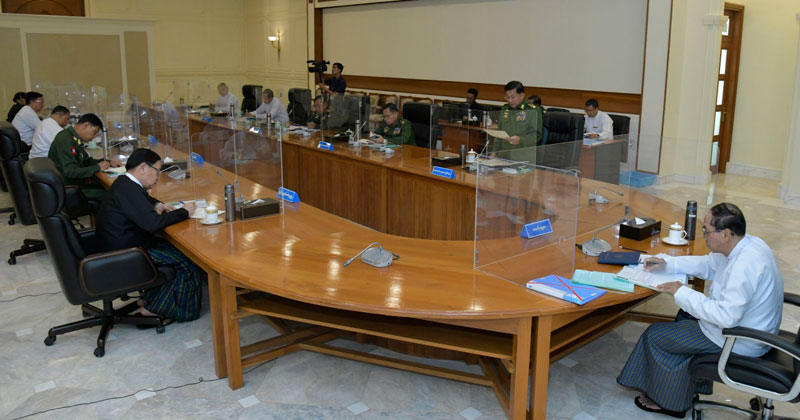
DMG Newsroom
2 February 2023, Sittwe
Political observers have criticised the Myanmar military regime’s move to extend its emergency rule declaration for an additional six months, calling the decision a loss for the country.
“The military has repeatedly seized power. The country has suffered a lot from its coups. We should fight for the cause of democracy,” said Arakanese politician U Pe Than.
In what critic are calling a clear manipulation of the 2008 Constitution, which says the National Defense and Security Council (NDSC) is “normally” permitted two six-month extensions after an initial year of emergency rule, the regime cited the “extraordinary situation” of ongoing fighting across the country as an excuse to renew the emergency rule declaration for a third time. The decision was reportedly taken during a meeting of the NDSC on January 31, with the extension taking effect on February 1.
“Article 425 says the emergency rule can normally be extended twice, for six months each. But it doesn’t say how many times the emergency rule can be extended in ‘extraordinary situations.’ So, they may renew more than three times, unless the situation returns to normal,” said political analyst U Ye Tun.
The Constitutional Tribunal has said that the extension of the emergency rule complies with the Constitution, but as U Ye Tun pointed out, “The tribunal was appointed by the regime.”
The military claimed widespread fraud in Myanmar’s 2020 general election was behind its decision to seize power from the democratically elected government on February 1, 2021. The notion of extensive voter fraud has been widely refuted by independent poll monitors, the Myanmar public and much of the international community.
The regime has said an election will be held later this year. It has also said the previously used first-past-the-post electoral system will be replaced with proportional representation, and recently enacted a new Political Parties Registration Law. But the six-month extension of emergency rule has cast further doubt on a poll proposition that was already viewed widely with scepticism.
Meanwhile, two years after the coup, Myanmar remains riven by internal armed conflict, economic crisis and geopolitical isolation. The military junta reshuffled its governing body, the State Administration Council (SAC), following the announcement that it would be extending emergency rule.
Min Aung Hlaing remains prime minister of the new 20-member SAC. The new body has five deputy prime ministers including Min Aung Hlaing’s deputy Soe Win, Defence Minister General Mya Tun Oo and Home Affairs Minister Lieutenant-General Soe Htut.
The regime has also replaced regional and state chief ministers. Arakan State Chief Minister Dr. Aung Kyaw Min was replaced by retired Colonel Htein Lin.
Htein Lin served as security and border affairs minister in the Arakan State government from 2010 to 2017. He returned to active military service before his retirement, and was appointed as an adviser to the President’s Office in May 2020.




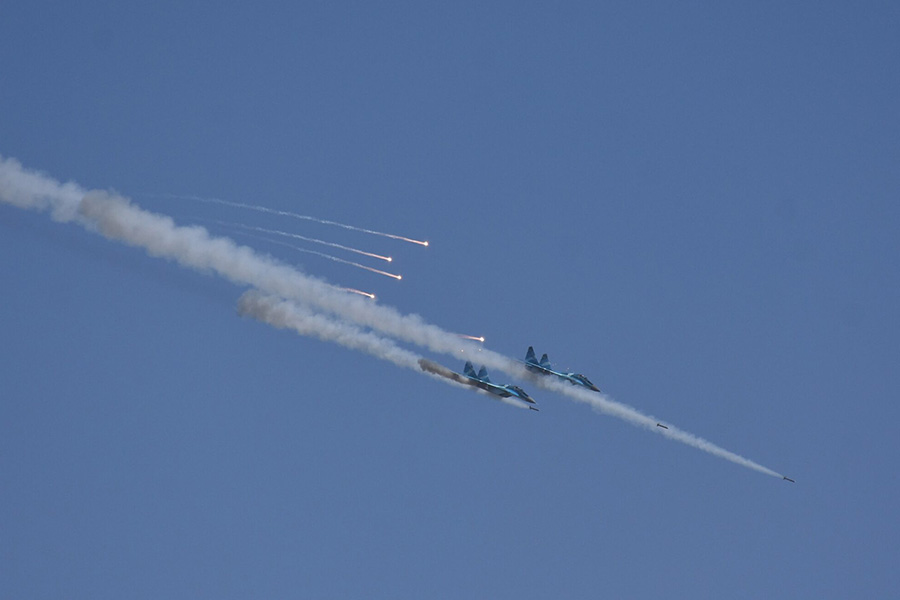
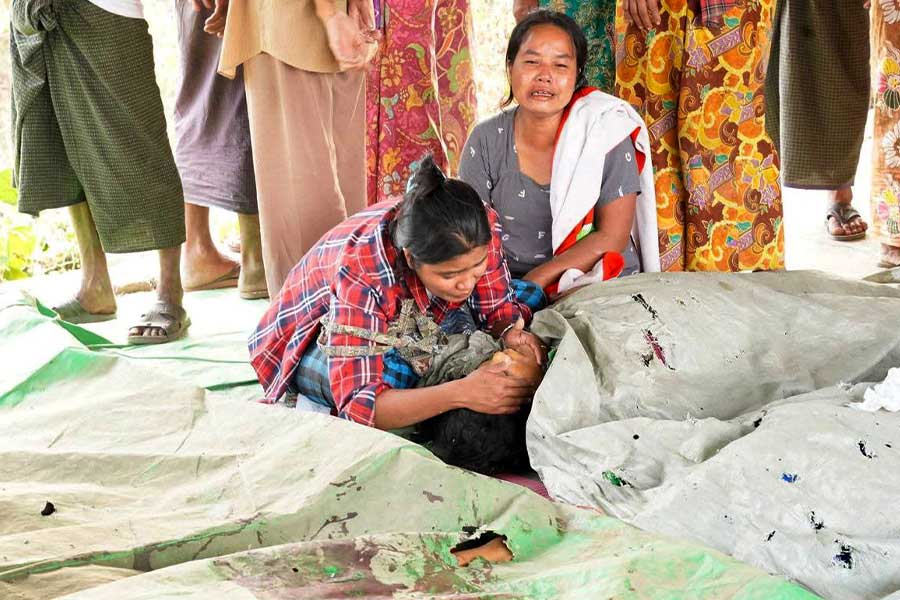
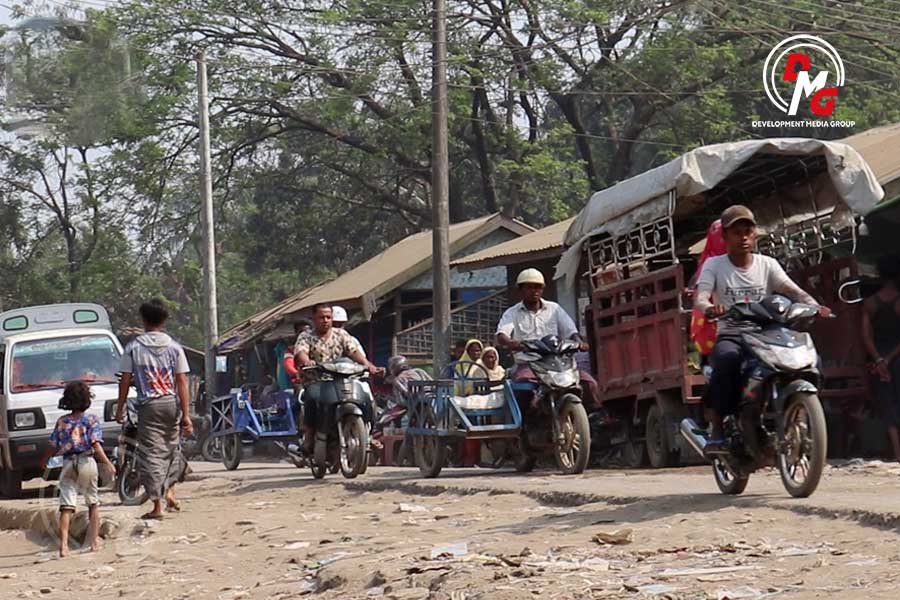
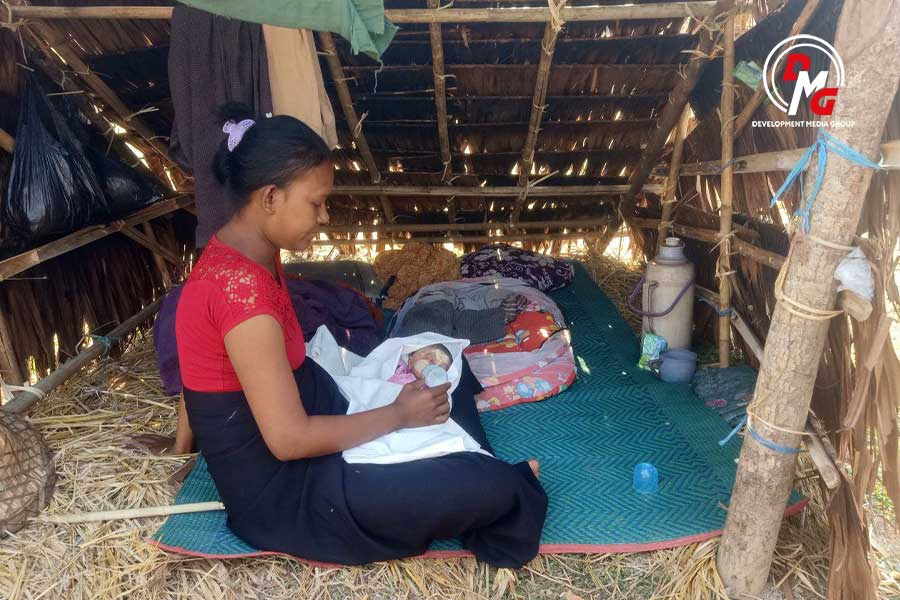
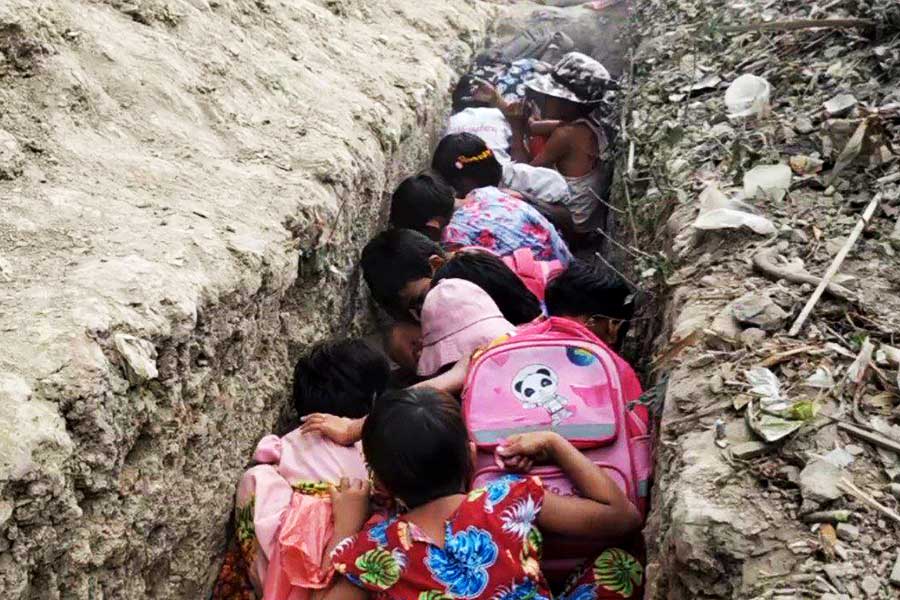








.jpg)